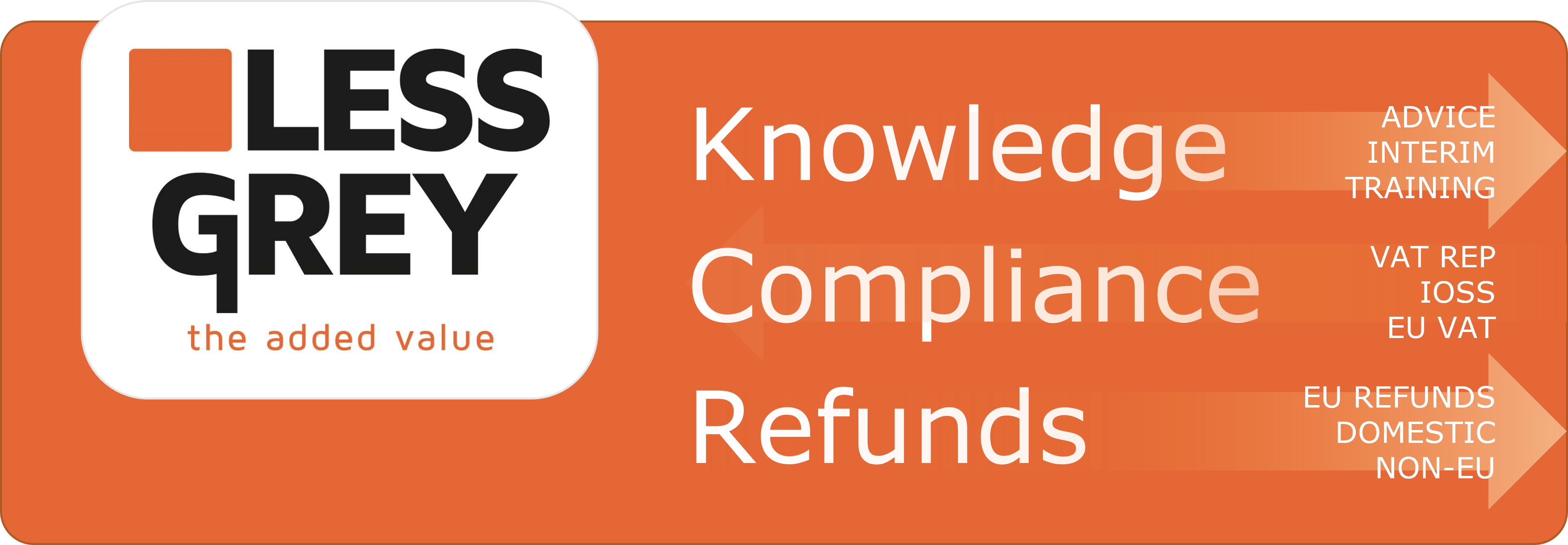On , the ECJ issued its decision in the case C-23/98 (Heerma).
Context: Sixth VAT Directive – Transactions between a partner and a partnership
Article in the EU VAT Directive
Article 2(1), 4 and 13B(b) of the Sixth VAT Directive (Article 2, 9(1), 135(1)(l) and 135(2) of the EU VAT Directive 2006/112/EC)
- Under Article 2(1) of the Sixth Directive the supply of goods or services effected for consideration within the territory of the country by a taxable person acting as such is subject to VAT.
- Article 4 of the Sixth Directive provides as follows:
- 1. ”Taxable person” shall mean any person who independently carries out in any place any economic activity specified in paragraph 2, whatever the purpose or results of that activity.
- 2. The economic activities referred to in paragraph 1 shall comprise all activities of producers, traders and persons supplying services including mining and agricultural activities and activities of the professions. The exploitation of tangible or intangible property for the purpose of obtaining income therefrom on a continuing basis shall also be considered an economic activity.
- 4. The use of the word ”independently” in paragraph 1 shall exclude employed and other persons from the tax in so far as they are bound to an employer by a contract of employment or by any other legal ties creating the relationship of employer and employee as regards working conditions, remuneration and the employer’s liability.
- Subject to the consultations provided for in Article 29, each Member State may treat as a single taxable person persons established in the territory of the country who, while legally independent, are closely bound to one another by financial, economic and organisational links.
- Article 13B(b) of the Sixth Directive provides that the Member States may in principle exempt the letting of immovable property. However, Article 13C(a) permits the Member States to allow taxpayers a right of option for taxation of such transactions.
Facts
- On 1 January 1994, Mr Heerma, who was the owner of a farming business, formed a partnership with his wife (hereinafter ‘the Heerma Partnership) into which he introduced movable assets consisting of the means of production in that business.
- Partnerships governed by Netherlands law are not legal persons in their own right. However, they do have the de facto independence of companies, which are legal persons and may carry on economic activities independently, with the result that it is the partnership, and not the partner or partners running the business, that, in accordance with Article 4 of the Sixth Directive, is to be considered as the taxable person.
- In 1994 Mr Heerma began construction of a cattle shed which he subsequently let to the Heerma Partnership for a term of six years commencing on 1 November 1994 at an annual rent of NLG 12 000.
- Mr Heerma and the Heerma Partnership requested that they be excluded from the exemption from VAT in respect of that letting. The Netherlands finance authority refused that request and dismissed the appeal brought against its refusal. Mr Heerma then brought an action before the Gerechtshof te Leeuwarden (Regional Court of Appeal, Leeuwarden) which annulled the authority’s decisions refusing the request and dismissing the appeal and ruled that Mr Heerma’s letting of the cattle shed was not exempt from VAT.
- The finance authority appealed against that decision to the Hoge Raad der Nederlanden. That court observed that it was not in dispute that the lease at issue was granted by Mr Heerma for the purpose of obtaining income therefrom on a continuing basis, and that, accordingly, the letting must be regarded as an economic activity within the meaning of Article 4(2) of the Sixth Directive. On the other hand, having regard to the connection between the lessor and lessee in the present case, there was a question as to whether Article 4(1) of the Sixth Directive was to be construed in such a way that that particular letting of immovable property must be regarded as an independent economic activity or whether the requirement for independence laid down in that provision was to be regarded as not having been satisfied. If the latter were true, that might, according to the referring court, mean that the partner granting the lease must be identified with the lessee partnership with the result that there was only one taxable person within the meaning of the said provision.
Questions
Is Article 4(1) of the Sixth Directive to be interpreted as meaning that, where a person’s sole economic activity consists in the letting of tangible property to the partnership of which he is a member, that letting, whilst being an economic activity, cannot be regarded as an independent activity, for the reason that the partner and the partnership must together be deemed to constitute a single taxable person within the meaning of Article 4(1)?
AG Opinion
On a proper construction of Article 4(1) of Council Directive 77/388/EEC of 17 May 1977 on the harmonisation of the laws of the Member States relating to turnover taxes – Common system of value added tax: uniform basis of assessment, the fact that a person’s sole economic activity consists in the letting of tangible property to the partnership of which he is a member does not, in itself, mean that that letting, whilst being an economic activity, is regarded as not being an independent activity and that the partner and the partnership must, in consequence, together be deemed to constitute a single taxable person within the meaning of Article 4(1).
Decision
Article 4(1) of the Sixth Council Directive (77/388/EEC) of 17 May 1977 on the harmonisation of the laws of the Member States relating to turnover taxes – Common system of value added tax: uniform basis of assessment is to be interpreted as meaning that, where a person’s sole economic activity, within the meaning of that provision, consists in the letting of an item of tangible property to a company or a partnership, such as a partnership governed by Netherlands law, of which he is a member, that letting must be regarded as an independent activity within the meaning of that provision.
Summary
- The Dutch farmer Heerma entered into a partnership with his wife into which he contributed the movable assets of that company. Heerma built a cubicle barn that he leased to the partnership for an annual lease price.
- The Supreme Court wonders, although there is an economic activity, whether this should be regarded as being carried out independently, or whether the partner together with the partnership should be regarded as one taxable person?
- The CJEU finds that Heerma, who did not make the cubicle barn available to the partnership in the form of a contribution to the partnership against participation in the profit and loss of this partnership, but in the form of renting it out against payment of rent, did this act performed for consideration.
- The CJEU has also established that a partner who, like Heerma, leases immovable property to the taxable partnership of which he is a member, acts independently within the meaning of Article 9(1) of the VAT Directive . After all, there are no ties of subordination between the partnership and the partner as referred to in Article 10 of the VAT Directive . On the contrary, when renting tangible property to the partnership, the partner acts in his own name, for his own account and under his own responsibility, even if he simultaneously manages the partnership that rents the property. After all, this rental does not fall under the management or representation of the partnership.
- According to the ECJ, it does not matter that the sole activity of the partner is the rental of tangible property to the partnership of which he is a part. After all, this circumstance is not relevant to the assessment of independence and can at most influence the question of whether there is an economic activity at all. However, it follows from the judgment in Enkler that the letting of tangible property is an exploitation of that property, which can be regarded as an economic activity if it is aimed at obtaining a lasting profit.
- The ECJ also notes that persons who are established in the Netherlands and who are independent from a legal point of view, but who are closely connected financially, economically and organisationally, can together be regarded as one taxpayer. In the present case, however, there is no reason to comment on this, since the concept of fiscal unity has not been mentioned in the main proceedings.
- If a person has the sole economic activity of renting out tangible property to a company as a partnership under Dutch law, of which he is a part, this rental must be deemed to be carried out independently within the meaning of Article 9(1) of the VAT Directive, concludes the ECJ.
Source
Similar ECJ cases
Reference to the case in the other EU MS
Newsletters
Join the Linkedin Group on ECJ VAT Cases, click HERE
For an overview of ECJ cases per article of the EU VAT Directive, click HERE















